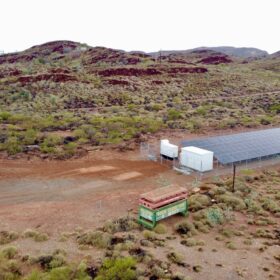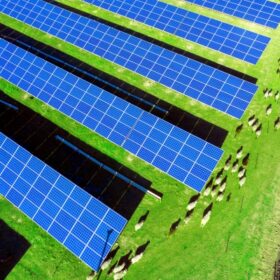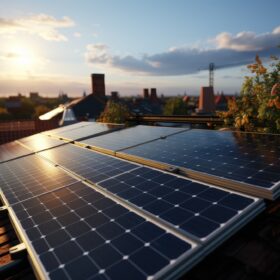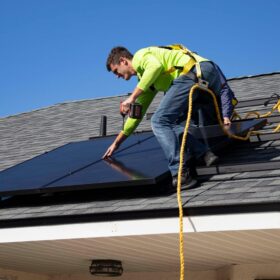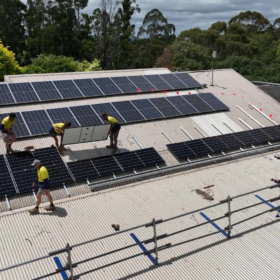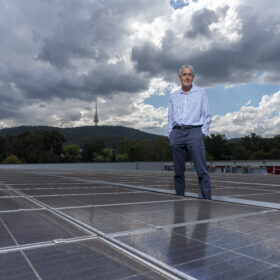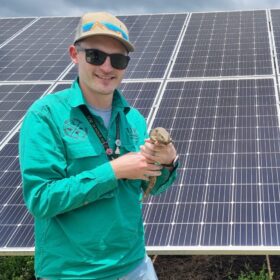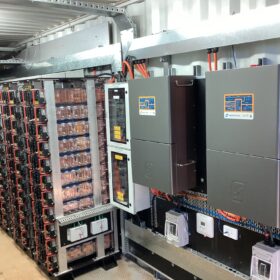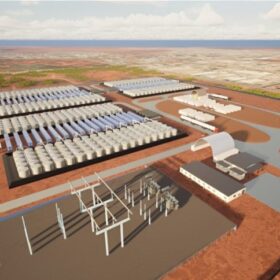Australia’s longest connected electric vehicle highway completed
Australia’s longest connected electric vehicle highways is now operational in Western Australia, covering a 7,000 kilometre route and featuring 110 charging points across 49 locations.
202 MW New Zealand agrisolar project reaches financial close
The Harmony Energy and First Renewables joint venture have approved the final investment and successfully completed financial close on the 202 MW Tauhei Solar Farm on Aotearoa New Zealand’s North Island.
Planets align for Australia’s first live DER integration into wholesale markets
Manager of Western Australia’s South West Interconnected System Western Power has been allocated $20.8 million from the Australian Renewable Energy Agency for its Project Jupiter, which for the first time in Australia will integrate a live distributed energy resources marketplace with wholesale markets.
Distributed solar on a roll breaking output records nationwide in Q4
Like a gift that keeps on giving across Australia’s electricity markets, distributed solar has punched yet again above its weight to break records in the close out of 2024, according to a new report from the Australian Energy Market Operator.
Communities hit by outages get solar powered energy hubs for backup
Solar powered energy hubs are ready to help keep the lights on for 24 Victorian communities as part of a $7.5 million state government program to build energy resilience when faced with prolonged outage.
Solar pioneer Andrew Blakers AO named on Australia Day honours list
A co-inventor of the passivated emitter and rear cell silicon solar cell technology, Professor Andrew Blakers, has been appointed an Officer of the Order of Australia on the 2025 Australia Day Honours list.
CEFC unlocks $13.3 billion in six months to supercharge clean energy economy
The Australian government’s Clean Energy Finance Corporation is on track to deliver $13.3 billion in investment across the renewable energy economy, after closing off $3.8 billion in new commitments in the six months to December 2024.
Ecovoltaics research aims to balance grid scale solar with wildlife and livestock
Ecovoltaics research being done at the University of New England aligns with global efforts to balance the need of large-scale solar with conservation of wildlife and combatibility to the needs of farming livestock.
Zenaji ready to ride future lithium titanate oxide battery wave
Australian manufacturer of lithium titanate oxide batteries Zenaji says the LTO battery market is projected to reach $5.8 billion by 2032, with a compound annual growth rate of 12.6%, and its Eternity battery system is ready to catch that wave.
Maximising rooftop solar energy potential rests on battery rollout
Sydney-headquartered residential battery storage solutions company VoltX Energy is expanding into Adelaide, South Australia with 10,000 Neovolt units to meet a surging demand.

